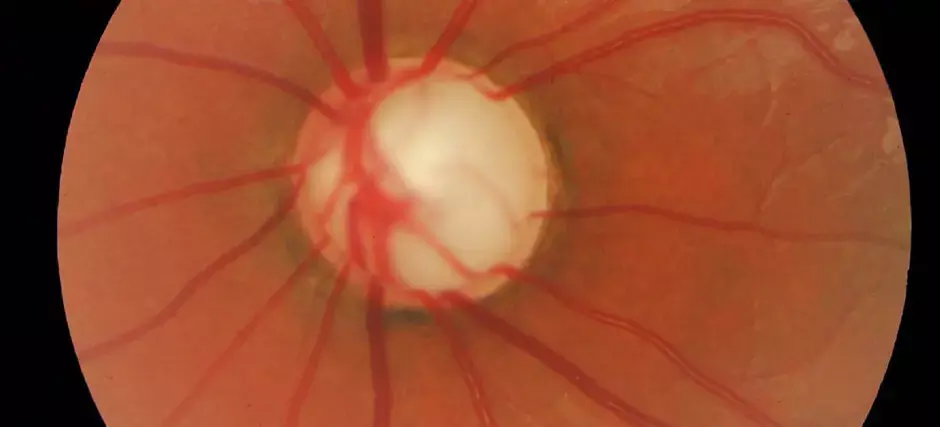- Home
- Medical news & Guidelines
- Anesthesiology
- Cardiology and CTVS
- Critical Care
- Dentistry
- Dermatology
- Diabetes and Endocrinology
- ENT
- Gastroenterology
- Medicine
- Nephrology
- Neurology
- Obstretics-Gynaecology
- Oncology
- Ophthalmology
- Orthopaedics
- Pediatrics-Neonatology
- Psychiatry
- Pulmonology
- Radiology
- Surgery
- Urology
- Laboratory Medicine
- Diet
- Nursing
- Paramedical
- Physiotherapy
- Health news
- Fact Check
- Bone Health Fact Check
- Brain Health Fact Check
- Cancer Related Fact Check
- Child Care Fact Check
- Dental and oral health fact check
- Diabetes and metabolic health fact check
- Diet and Nutrition Fact Check
- Eye and ENT Care Fact Check
- Fitness fact check
- Gut health fact check
- Heart health fact check
- Kidney health fact check
- Medical education fact check
- Men's health fact check
- Respiratory fact check
- Skin and hair care fact check
- Vaccine and Immunization fact check
- Women's health fact check
- AYUSH
- State News
- Andaman and Nicobar Islands
- Andhra Pradesh
- Arunachal Pradesh
- Assam
- Bihar
- Chandigarh
- Chattisgarh
- Dadra and Nagar Haveli
- Daman and Diu
- Delhi
- Goa
- Gujarat
- Haryana
- Himachal Pradesh
- Jammu & Kashmir
- Jharkhand
- Karnataka
- Kerala
- Ladakh
- Lakshadweep
- Madhya Pradesh
- Maharashtra
- Manipur
- Meghalaya
- Mizoram
- Nagaland
- Odisha
- Puducherry
- Punjab
- Rajasthan
- Sikkim
- Tamil Nadu
- Telangana
- Tripura
- Uttar Pradesh
- Uttrakhand
- West Bengal
- Medical Education
- Industry
Nocturnal IOP peak related to disease progression in Glaucoma, finds Study

Dynamic monitoring of 24 hour IOP can potentially improve clinical care of glaucoma patients.
A recent study conducted by researchers at Dr Shroff's Charity Eye Hospital, New Delhi has found a correlation between nocturnal spike of intraocular pressure recorded dynamically with a Contact Lens Sensor (CLS) and disease progression in glaucoma patients.
The study has been published in the Indian Journal of Ophthalmology.
Intraocular pressure (IOP) is the most important and the only modifiable risk factor in glaucoma. Apart from the absolute IOP, fluctuations of IOP are an independent risk factor for glaucoma. In many patients, the highest peak of the IOP occurs in the night and is missed during routine measurements taken in office hours at the hospital. Therefore, the efficacy of IOP lowering medications measured by clinicians on the basis of readings obtained during the day fails to incorporate the nocturnal IOP peak. This may lead to disease progression.
A retrospective cohort study was conducted by the researchers on 40 glaucoma patients after an informed consent. Of these, nineteen patients were Progressors or patients who had disease progression despite target IOP being achieved according to readings taken in office hours. Twenty-one patients who had clinically stable disease were classified as Non-Progressors.
A Contact Lens Sensor (The SENSIMED Triggerfish device), a disposable silicon contact lens with an embedded microprocessor was used for dynamic 24 hour recording of IOP. The worse eye of the patient in both groups was selected for the placement of the CLS. All patients underwent 24-hour ambulatory CLS monitoring during which they carried out their routine activities at home or work place and followed a regular sleeping pattern of 11 pm to 5 am. The subjects were instructed to continue instillation of anti-glaucoma medication according to their normal schedule. After 24 hours, the CLS was removed and the data retrieved from the recorder. IOP related peak was defined as the highest signal recorded in 24 hours CLS graph. The IOP peak was labelled as 'Nocturnal IOP-related peak' if it fell between 11pm and 5 am.
Analysis of the data received from the CLS revealed the following important results
- Nocturnal IOP peak and glaucoma progression were found to be mutually associated because Progressors were found to be more prone to nocturnal IOP spike as compared to Non-Progressors.
- There was no association between age group and nocturnal IOP spike
- Females were more prone to develop nocturnal IOP spike as compared to males.
- There was no association between nocturnal IOP spike and mean IOP measured in office hours indicating that IOP measured in office hours would not provide any insight into a possible nocturnal peak.
- No significant association was found between nocturnal IOP spike and systemic diseases like Diabetes or Hypertension.
"It is not a routine practice to record 24-hour IOP pattern in majority ophthalmological setups in India. Our study emphasizes upon the need of 24-hour IOP recording especially in patients showing glaucoma progression with controlled or near target daytime IOP. Any nocturnal IOP spike in such patients demands more aggressive management. Therefore, this device would be useful in improving the clinical care of glaucoma patients," conclude the authors.
For reading full article, click on the link
Dr Sudha Seetharam is an Ophthalmologist practising at Laxmi Eye Institute, Maharashtra. She has received her MBBS from Medical College, Kolkata and M.S (Ophthalmology) from Maulana Azad Medical College, New Delhi. Writing and teaching are her passions. She is the author of the book “Self-assessment and Review of Ophthalmology” meant for MBBS students preparing for NEET PG Medical Entrance examination. She is a faculty of Ophthalmology at various teaching institutes and online platforms which train students for NEET PG Medical Entrance examination. She has also authored the book “Beyond Medicine- Life Lessons Learnt as a Doctor” which describes the real life experiences of a doctor during internship in a government hospital.
Dr Kamal Kant Kohli-MBBS, DTCD- a chest specialist with more than 30 years of practice and a flair for writing clinical articles, Dr Kamal Kant Kohli joined Medical Dialogues as a Chief Editor of Medical News. Besides writing articles, as an editor, he proofreads and verifies all the medical content published on Medical Dialogues including those coming from journals, studies,medical conferences,guidelines etc. Email: drkohli@medicaldialogues.in. Contact no. 011-43720751


